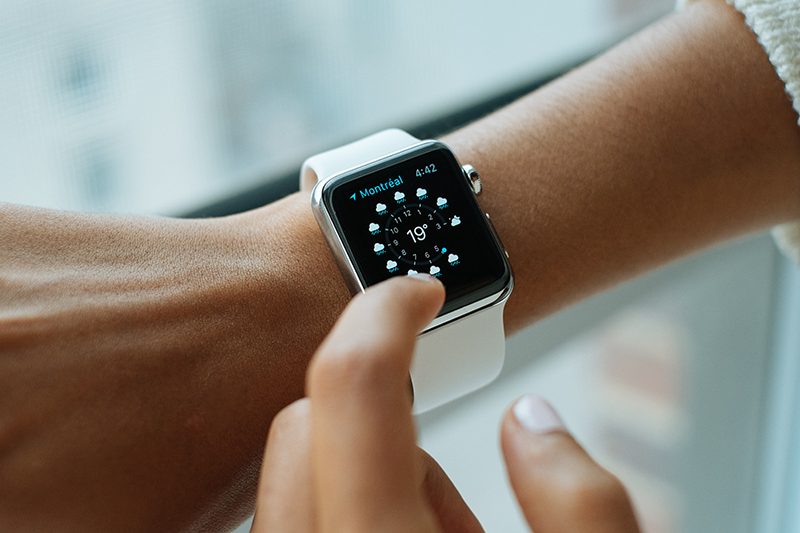Wearable tech will play a crucial role in developing precision medicine by facilitating measurement of health parameters describing a person’s physical wellbeing. Sensors in the form of skin patches can detect heart rate, temperature, perspiration and movement disorders. Experts believe this to be the future of truly personalized care.
Anna Kravets, director of business consulting at Merck, who was one of the speakers at the Connected Health Conference in Boston, said apps, devices and sensors create a digital expression of patients.
“Precision medicine is the ability to make medicine dynamic and learning,” she said. “A human is not a static system. Even if you design something for me today, the way I react may be different tomorrow.”
Read more This Smart Bandage Can Monitor Wounds and Deliver Drugs As Needed
Wearable skin patches of today are inconspicuous, making them both functional and useful. In addition to providing better knowledge of a person’s health, they increase mobile health and remote patient monitoring capabilities. By extending the geography of care by utilizing wearable sensors will further drive down healthcare costs.
Wearable devices are already transforming biomedicine through mobile and digital health by enabling continuous, health monitoring outside of the clinic. Wearables, which were once geared toward consumer health enthusiasts, are now being used by health professionals for patient monitoring. Wearables also make it easy for the development of algorithm for automatically predicting health condition, prevention and intervention. We’re seeing new wearables-based analytic platforms flooding the market at an unprecedented rate and transforming healthcare everywhere from ICUs to in-home diabetes management to resource-limited field settings. Among some of the advancements made by wearables are: continuous arrhythmia detection, improved ICU alarms and rural neo-natal temperature monitoring.
Wearables have made it easier for us to understand our body and its functions as data accumulated on a daily basis from smart wearable devices is being turned into valuable insights. Consumers are increasingly adopting wearable devices, from Google glass being used by advanced surgeons to teenagers donning simple smartwatches. It is easily noticeable that healthcare professionals are more open to such wearables than consumers themselves.
Read more Aparito’s Wearable Aims to Save Big Pharmas Billions of Dollars in Clinical Trials
Old applications in combination with newer innovation can be used to gather information progressively. Sensors are leading the way when it comes to achieving better health data in real-time and making care cost affordable.













